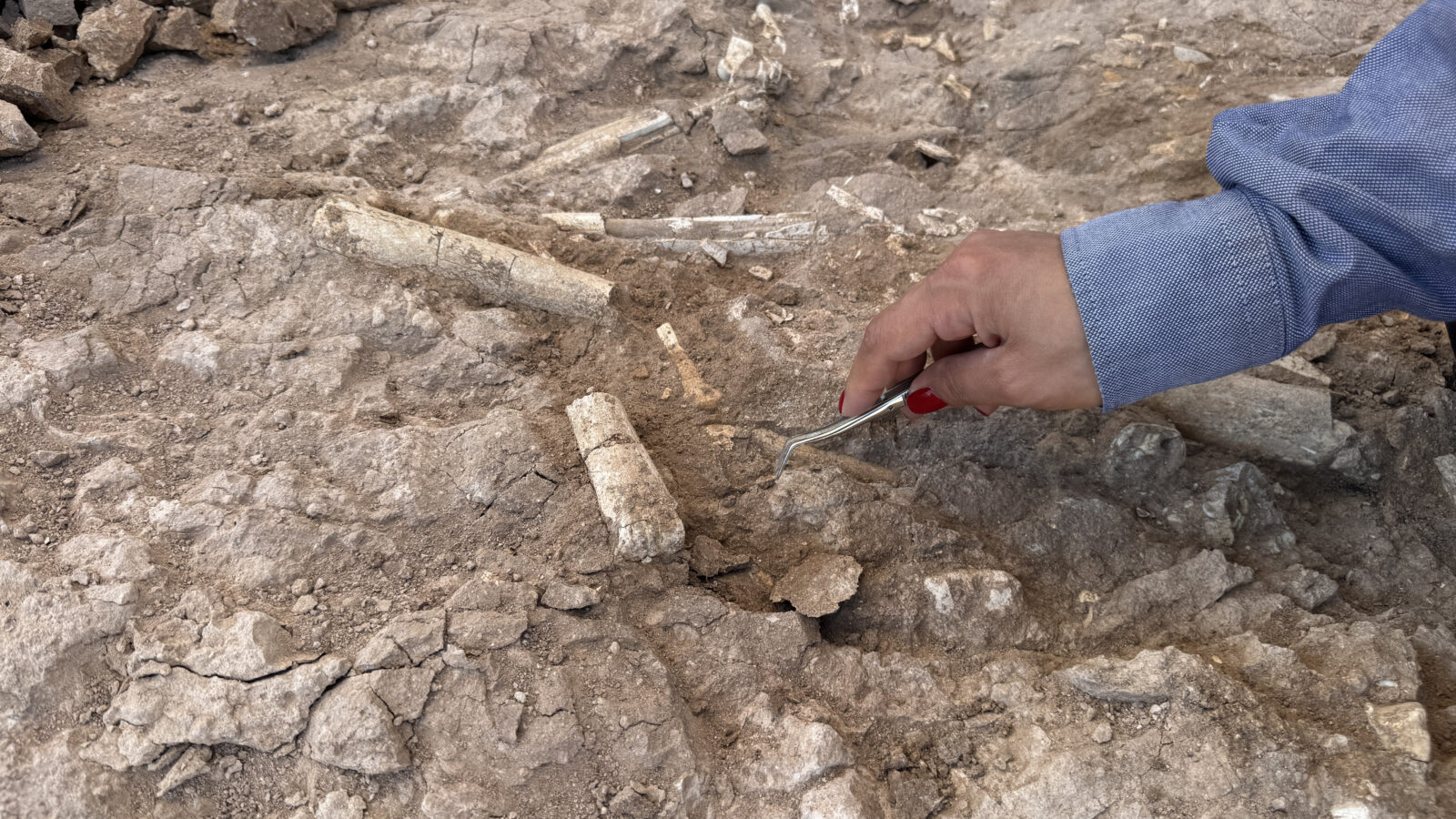Suspected Greek Terrorists Go on Trial
The group, which eluded police since its first attack in 1975, is blamed for more than 100 bombings, a string of armed robberies and 23 murders, including American, Turkish and British envoys.
The suspects, including the alleged leader of the group, were led by armed guards into a special area–ringed by panels of bulletproof glass–in a bunker-like courtroom inside Greece’s largest maximum-security prison. Window blinds were drawn shut.
More than 50 police officers stood watch. The judge asked each defendant to stand and acknowledge their name. The list is a curious cross-section of Greek society–from laborers to a beekeeper to a French-born academic who is accused of being the group’s mastermind.
Some of the defendants were expected to try to challenge the legitimacy of the court, presided over by a three-judge panel. The trial could take months. The witness list includes 333 people for the prosecution–including 44 foreigners–and 70 for the defense.
Some relatives of November 17 victims were on hand, including Athens Mayor Dora Bakoyianni. Her husband Pavlos, a spokesman for the conservative New Democracy party, was killed in 1989.
Also there was Heather Saunders, whose husband Brig. Stephen Saunders, a British defense attache, was killed in 2000.
The group’s attacks marred efforts to bolster democracy after a seven-year dictatorship collapsed in 1974. Repeated failures to crack the group also brought strong international pressure on Greece–particularly with terrorism fears elevated for the 2004 Olympics in Athens.
November 17 finally began to unravel following a botched bombing in June 2002 that led to a series of arrests.
November 17’s victims include diplomats from Britain and Turkey and four American officials, as well as senior judges, industrialists and politicians from Greece.
Its first victim was the CIA station chief in Athens in 1975. The last was the slaying of British defense attache in June 2000.
Its manifestos railed against a host of perceived injustices: alleged meddling in Greek affairs by the United States, erosion of Greek independence as a NATO and EU member, global links of finance and commerce. Over the years, it merged strong Marxist ideology with a shrill brand of patriotism. The charges do not cover all the alleged crimes. A 20-year statute of limitations means some acts–including the slaying of CIA station chief Richard Welch and two Greek police officials _ will go unpunished. Yet most of the suspects face life in prison if convicted.
Alexandros Giotopoulos, November 17’s alleged leader, has been charged with nearly 1,000 offenses–all the group’s attacks that have not exceeded a 20-year statute of limitations.
Giotopoulos has protested his innocence, claiming his participation was “invented by the Anglo-American secret services.” In court, he sat alone in the corner of the high-security pen and spoke to no one but his attorney.
Several other main suspects have admitted their guilt in letters to Athens newspapers, but claim their crimes were political and that their rights were violated while in custody.
“Our convictions have already been decided,” Dimitris Koufodinas, an amateur beekeeper and the group’s alleged chief assassin, wrote in a letter published Sunday by the Athens daily Eleftherotypia.
Lawyers representing several defendants are expected to challenge the court’s competence.
Some attorneys also objected to media coverage rules. Cameras and audio recorders were banned, while cellular phones were disabled in the courtroom at and nearby press facilities.
A government spokesman, Christos Protopapas, insisted the trial will receive “full publicity” and said broadcast restrictions will prevent “television cannibalism.”
November 17 was named after the date of a student-led uprising in 1973 which helped topple the military dictatorship.
“The dismantling of November 17 is a great national success,” Protopapas said. “It proves that democracy gives its own answers to violence, fanaticism, and phenomena that breed terrorism.”


